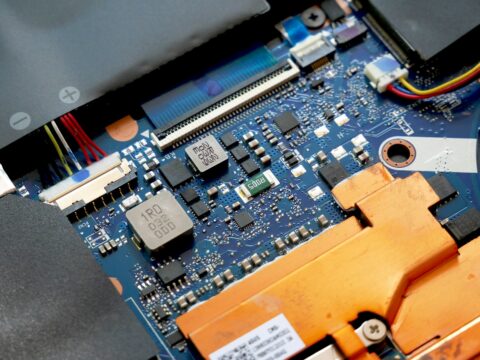Sodexo SVC India Pvt. Ltd. v. State of Maharashtra & Ors. – Taxation of meal vouchers
By Sri Vidya and J. Mandakini
Introduction
The Pune Municipal Corporation levied a 2% Octroi on meal vouchers printed by Sodexo SVC India Private Limited (“Sodexo”), treating them as “goods”.
The meal vouchers are issued by Sodexo to its customers which are establishments and companies. These establishments or companies provide these vouchers to their employees to be used for the purpose of purchasing food or meals up to a certain amount. Sodexo also has arrangements with various restaurants, departmental stores, shops etc. (“Affiliates”) for the utilization of the said vouchers.
The employees are entitled to procure food products and other items from these Affiliates on presentation of the vouchers. After receiving the vouchers from the employees, the Affiliates are entitled to be reimbursed to the extent of the face value of the vouchers by Sodexo. However, Sodexo charges its customers as well as its Affiliates a certain amount as service charges in lieu of providing payment services through these meal vouchers, and pays service tax in respect of the same.
Issue
The issue arose before the Bombay High Court as to whether:
i. Meal vouchers can be treated as “goods”, for the purpose of levy of Octroi or Local Body Tax (“LBT”) by the Municipal Corporation, or
ii. Issuance of vouchers amounts to rendering of services by Sodexo.
Decision of the High Court
The Bombay High Court held that by printing paper vouchers and selling them to its customers in exchange for food and beverages, the Appellant is selling goods in the form of paper vouchers. Therefore, Pune Municipal Corporation is justified in levying Octroi.
Decision of the Supreme Court
Aggrieved by the above decision, Sodexo approached the Apex Court which held that the meal vouchers cannot be treated as “goods”, as these meal vouchers could not be termed as commodities. Sodexo is only providing a service by issuing meal vouchers to the customers and Affiliates and charging a specified amount for the same as service charge. The goods sold to the customers upon production of these meal vouchers, are not provided by Sodexo, but by the Affiliates. Thus, the Sodexo is acting merely as a service provider and paying service tax for their services.
Further, the Court placed reliance on Idea Mobile Communication Ltd. vs. Commissioner of Central Excise and Customs, Cochin[2] wherein it was held that issuance of a sim card is a “service” and they cannot be treated as “goods”. The charges levied for purchase of a sim card are the processing charges in order to activate the sim card. Similarly, meal vouchers cannot be construed as “goods”, since the meal voucher does not have any value independent of the service it is providing.
The Apex Court observed that Sodexo is certified to use meal vouchers as a method of payment under the Payment and Settlement Systems Act, 1947, with the authorization by the Reserve Bank of India (“RBI”). The Policy Guidelines dated March 28, 2014 issued by the RBI recognizes paper vouchers as a Pre-Paid Payment Instrument, and consequently, as a service. Thus, meal vouchers cannot be treated as “goods”.
The Court further relied upon the Income Tax Rules, 1962, which recognizes meal vouchers to be perquisites offered by a company to its employees. When such benefit is offered by a company to its employees, it is incurring an expenditure. The company is only using the services of Sodexo to incur this expenditure.
Thus, the Supreme Court has ruled that Sodexo meal vouchers would come under the purview of “service” and not under “goods”. Consequently, taxes such as LBT and Octroi cannot be levied on such meal vouchers.
[1] Civil Appeals No. 4385-4386 of 2015
[2] (2011) 12 SCC 608
By entering the email address you agree to our Privacy Policy.



